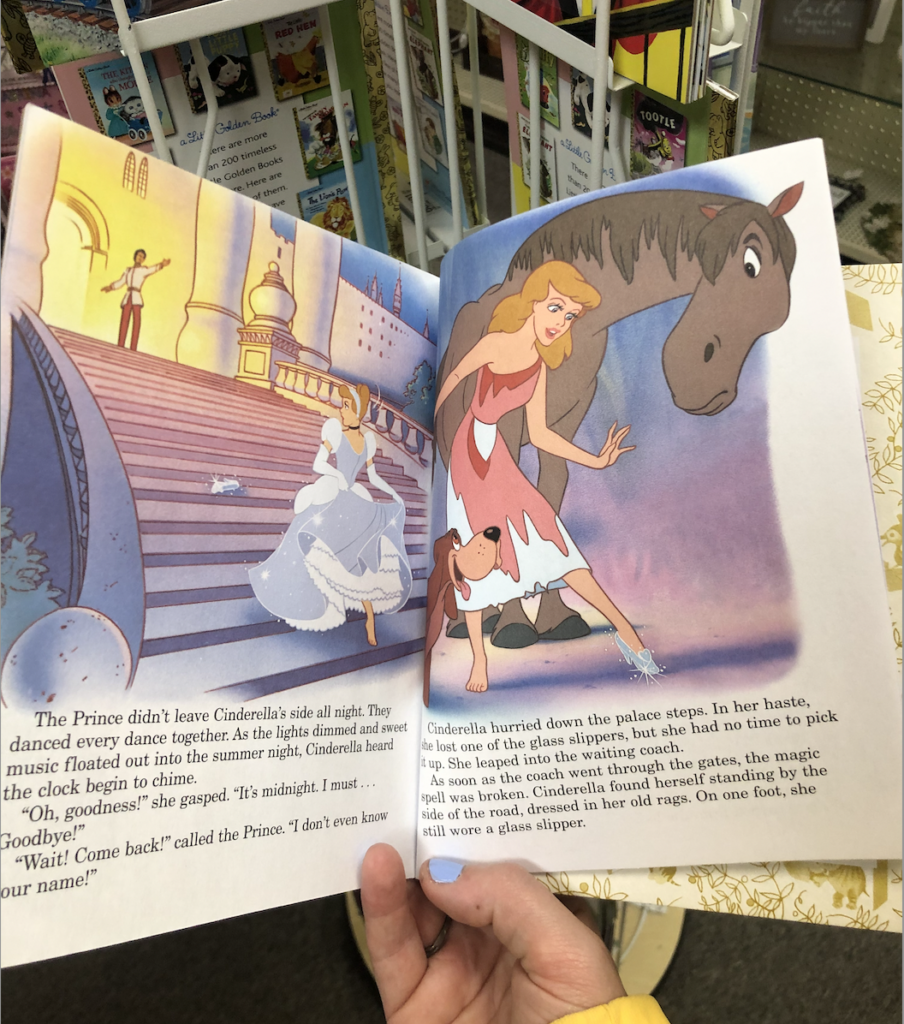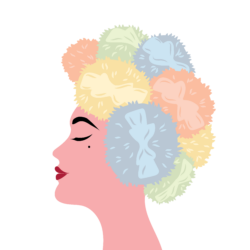While traveling, I came across a copy of Cinderella in a gift shop. Flipping through the pages, two illustrations struck me deeply and reshaped how I view my role as a Makeup Artist. On one page, there was the Princess, radiant in her gown, slipping away from the ball as the clock began to strike midnight—glamorous, desirable, the epitome of high society. On the opposite page, Cinderella had reverted to her soot-streaked self, hidden in her rags, blending into the background. These two contrasting images illuminated something fundamental about beauty and transformation.

I’ve always enjoyed Before and After photos—whether it’s homes, cars, or gardens, seeing the transformation process can be fascinating. I used to love watching complete makeovers on How Do I Look?, marveling at the results. Most beauty services have a certain permanence. Haircuts, tattoos, even skincare treatments last for days, weeks, or months. Makeup, on the other hand, is fleeting—it washes away at the end of the night.
This is where the Before and After in makeup can get tricky. When we show a Before photo, it creates a narrative of transformation. However, society has conditioned us to subconsciously devalue the Before. There’s an underlying suggestion that without the makeup, we are less attractive, less capable, or even less worthy. And like Cinderella at the stroke of midnight, the makeup fades, and we “return” to our original state.
In reality, these are Before + After + Before photos. The comparison sets up an unintentional implication that the natural state is somehow lesser. The transformative power of makeup should never make someone feel as though their untouched self is lacking.
As a Makeup Artist, I see my role not in creating dramatic glow-ups or pushing comparisons but in fostering calibration, connection, and confidence. The experience we share during the makeup application isn’t about Before and After. It’s about finding a look that speaks to the present moment, one that reflects who you are right now.
In this fleeting art, the makeup doesn’t define you, but it can enhance your self-expression. And that’s the beauty of ephemeral makeup: it empowers without needing to erase or “correct.”
How do you feel about your natural state, and how can beauty rituals support your expression rather than transform it?
